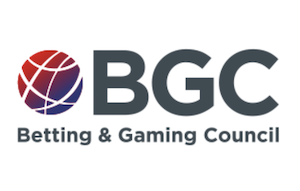The Betting and Gaming Council says its members are "concerned" that the findings from the Gambling Commission's first Gambling Survey for Great Britain (GSGB) annual report "may be unreliable."

On Thursday, the UK regulator released the first consolidated findings of its new survey for measuring rates and types of gambling, as well as problem gambling and other metrics.
The GSGB methodology replaces previous NHS-led investigations and, as such, the UKGC has, on more than one occasion, insisted that the findings cannot be compared with other surveys.
A spokesperson for the BGC said: "Our members are concerned these findings may be unreliable because there is a significant risk [the] GSGB overstates gambling participation and gambling related harm.
“Surveys using predominantly online self-completion consistently produce higher estimates of gambling participation and associated harms, compared to established alternative survey methods.
“The BGC and our members are committed to raising standards and we welcome any robust study that accurately gauges betting and gaming participation and problem gambling prevalence.
“The most recent NHS Health Survey for England estimated that 0.4 per cent of the adult population are problem gamblers.”
The latest GSGB data found that that those who had bet on non-sports events in person were over nine times more likely than the average for all past 12-month gamblers to have a Problem Gambling Severity Index (PGSI) score of eight or more.
Those who had gambled on online slots were more than six times more likely than average to have a PGSI score of 8 or more.
Tim Miller, the Gambling Commission's executive director of research and policy, said: “One of our aims as a regulator is to ensure we gather the best possible evidence on gambling – and today’s publication is the next significant step forward in our journey on creating a robust source of evidence for gambling in Great Britain.
“Data in this report represents the first year of a new baseline, against which future changes can be compared and as such will prove invaluable in deepening further our understanding of gambling across the country.”

